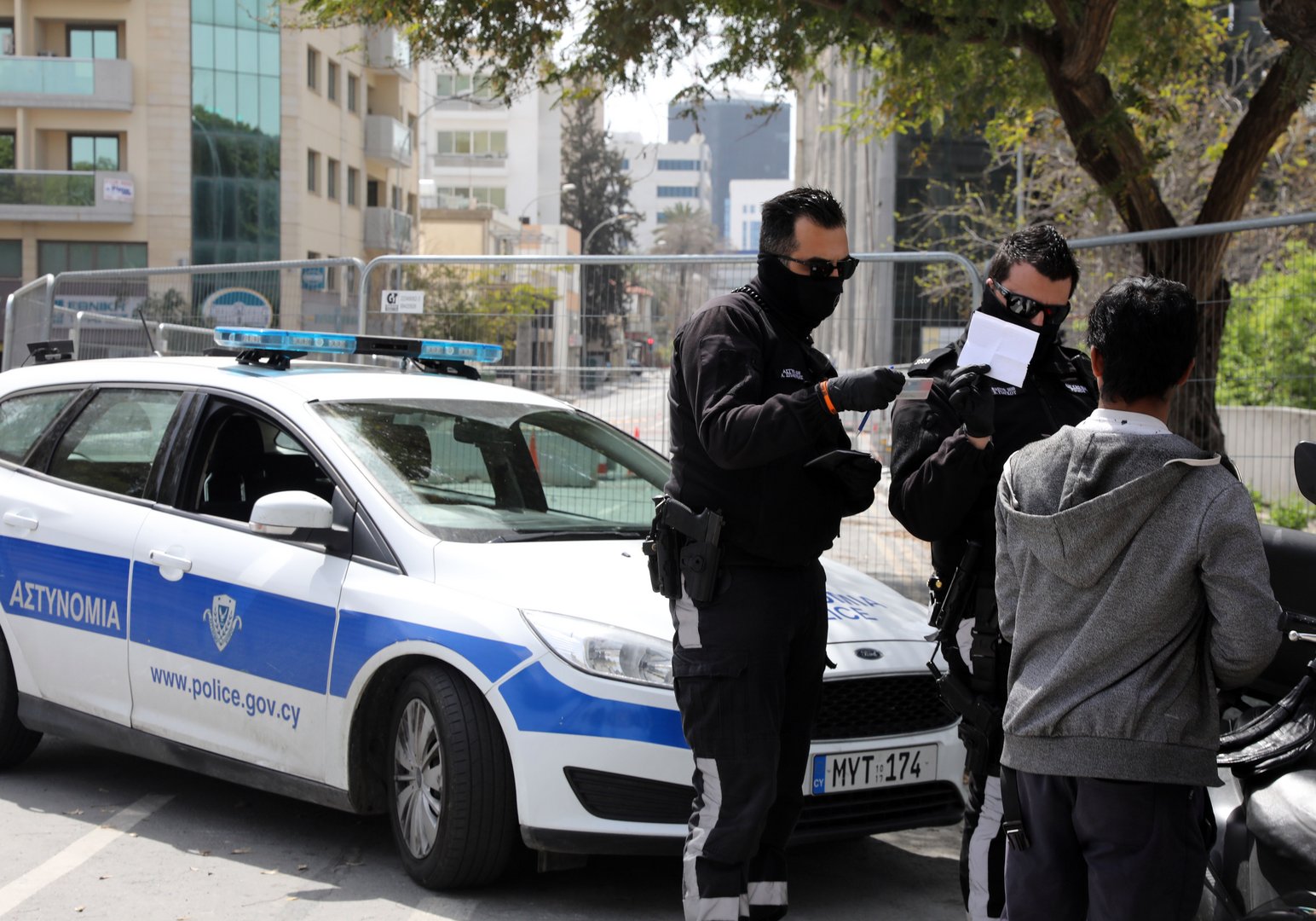All police officers should undergo training on how to handle homophobic and transphobic offences, ombudswoman Maria Stylianou Lottides has suggested.
In a report to the police chief, Lottides also suggested that police issue guidelines for all personnel on how to handle such incidents.
Her recommendations followed an investigation by her office of a complaint filed by a member of the public who was a victim of a homophobic attack while out walking along the Pedieos circular park, near the old hospital, late at night.
The victim had contacted police after he was assaulted by three other men who considered him to be homosexual.
He had complained to the ombudswoman that the police officer who dealt with his case had been disparaging, demonstrating a homophobic tendency to the point that he felt intimidated. The victim also claimed that police’s investigation of his case was unsatisfactory.
In a 13-page report, Lottides said she was suggesting to the police chief that sensitisation and specialised training of police officers charged with investigating homophobic/transphobic offences should be continuous. She also suggested that police officers of all grades participate in a training programme.
“In addition, it is necessary that relevant guidelines be issued to the entire force on how to handle such special cases,” she added.
Stylianou said her report did not aim to assess the actions of police in investigating the case, but to see whether a racist motive was taken into consideration and the procedures set out in a relevant circular were adhered to.
She noted that despite the perfectly acceptable meaning of the acronym LGBTI, the generalised use of the term by the police officer was not appropriate under the circumstances since nowhere had the complainant said he belonged to the LGBTI community.
“It is nearly certain that if the complaint was considered heterosexual, no reference would have been made as to his sexual orientation with the corresponding reference to him as a ‘heterosexual man’,” she said.
Moreover, nowhere in his statement did the police officer refer to the assault sustained by the complainant as having a homophobic motive. The same applies to the entry on the police station’s logbook.
“This omission is highly important as the motive of such an assault constitutes, according to the criminal code, an aggravating factor as regards the sentence in the event of offenders being found guilty,” she said.
Failure by police to take into consideration any racist motive while investigating the complaint may deter LGBTI individuals from reporting homophobic behaviour, fearing further victimisation and ridicule, she added.
Despite the significant improvements in the legal framework concerning safeguarding the rights of the LGBTI community, violence and hate incidents against them continue, she said.
“That is why such incidents must in every case be recognised and evaluated as homophobic/transphobic offences, without underestimating their gravity and violence”.







Click here to change your cookie preferences